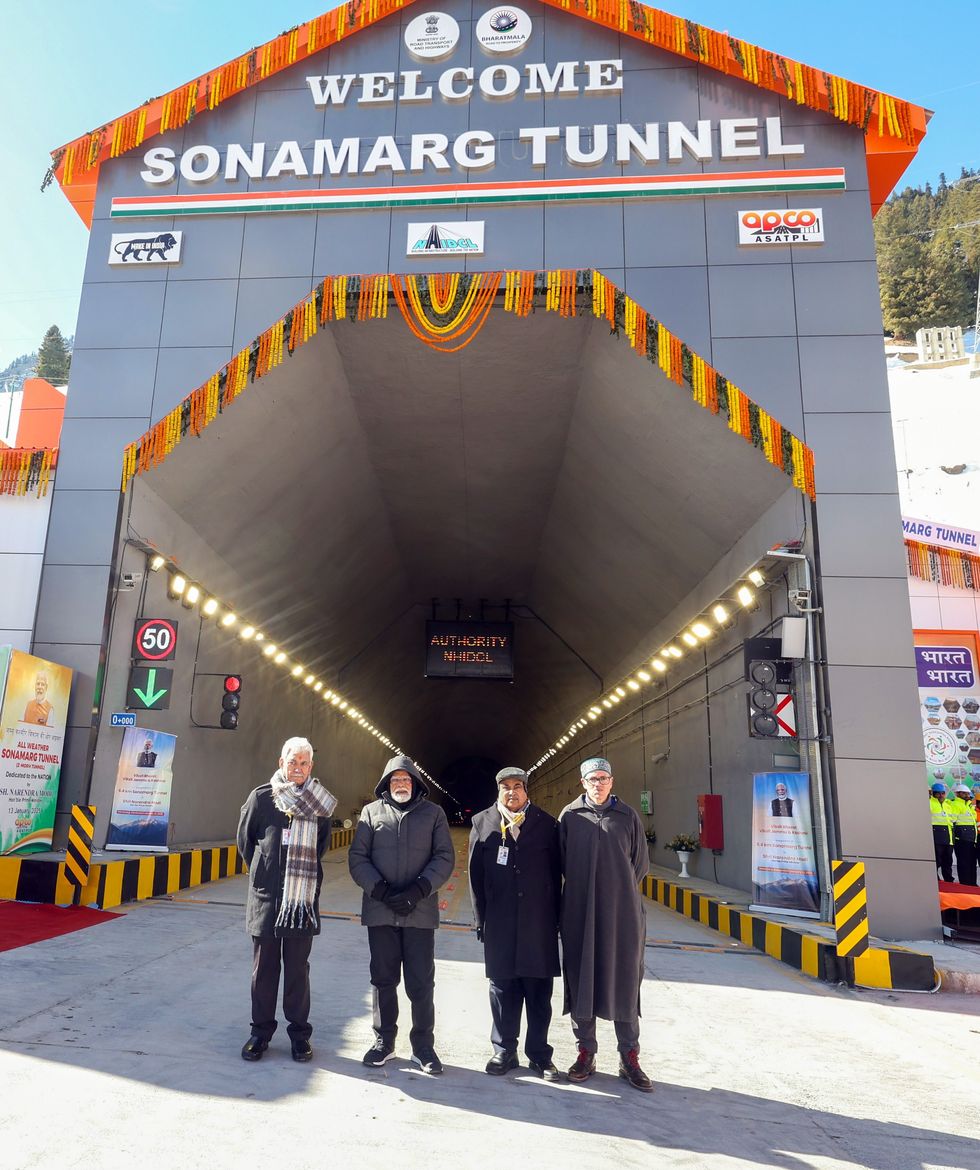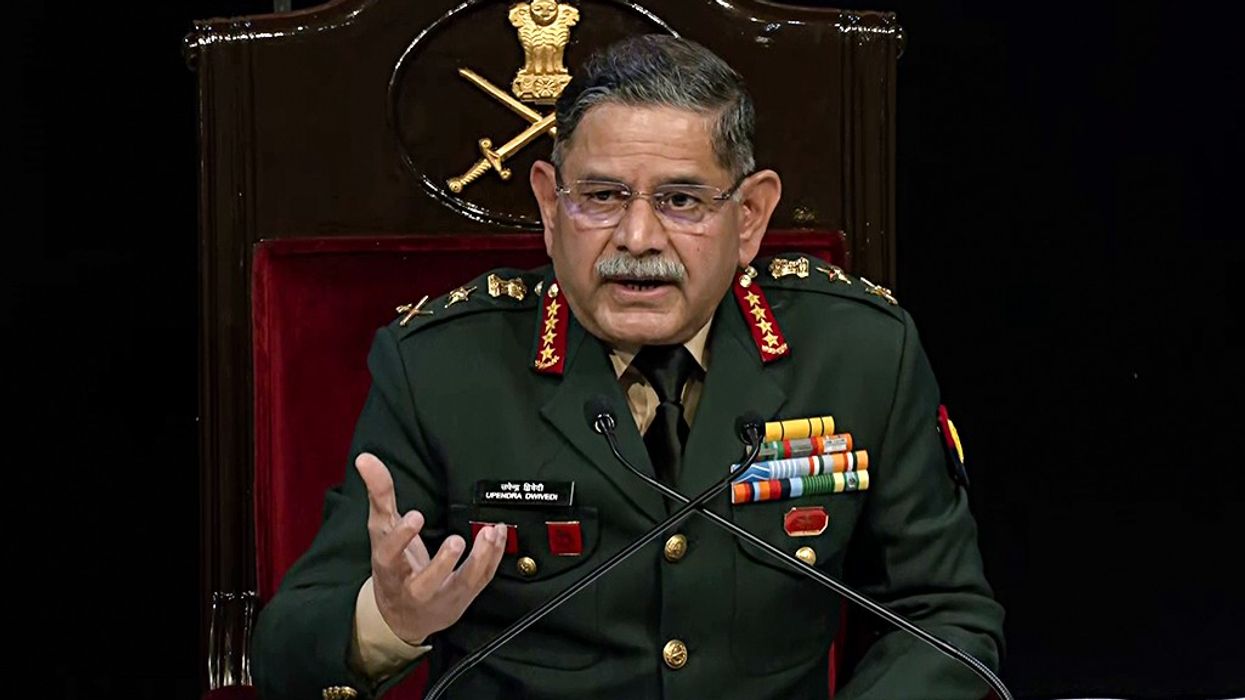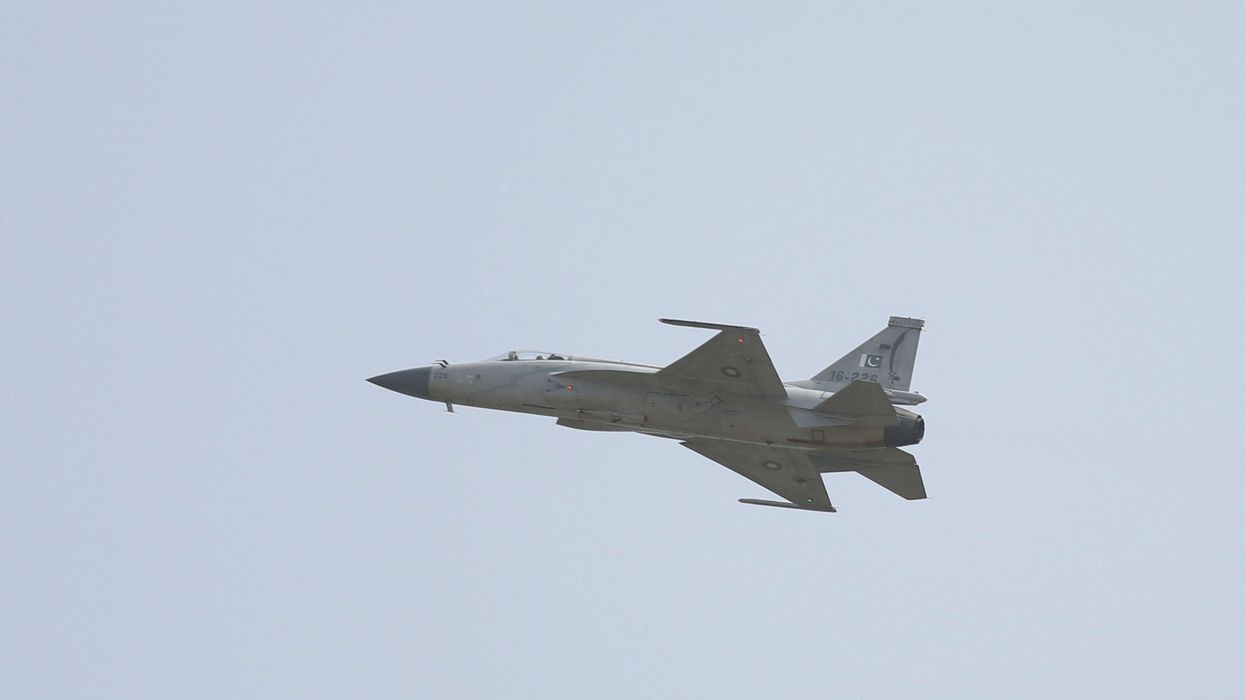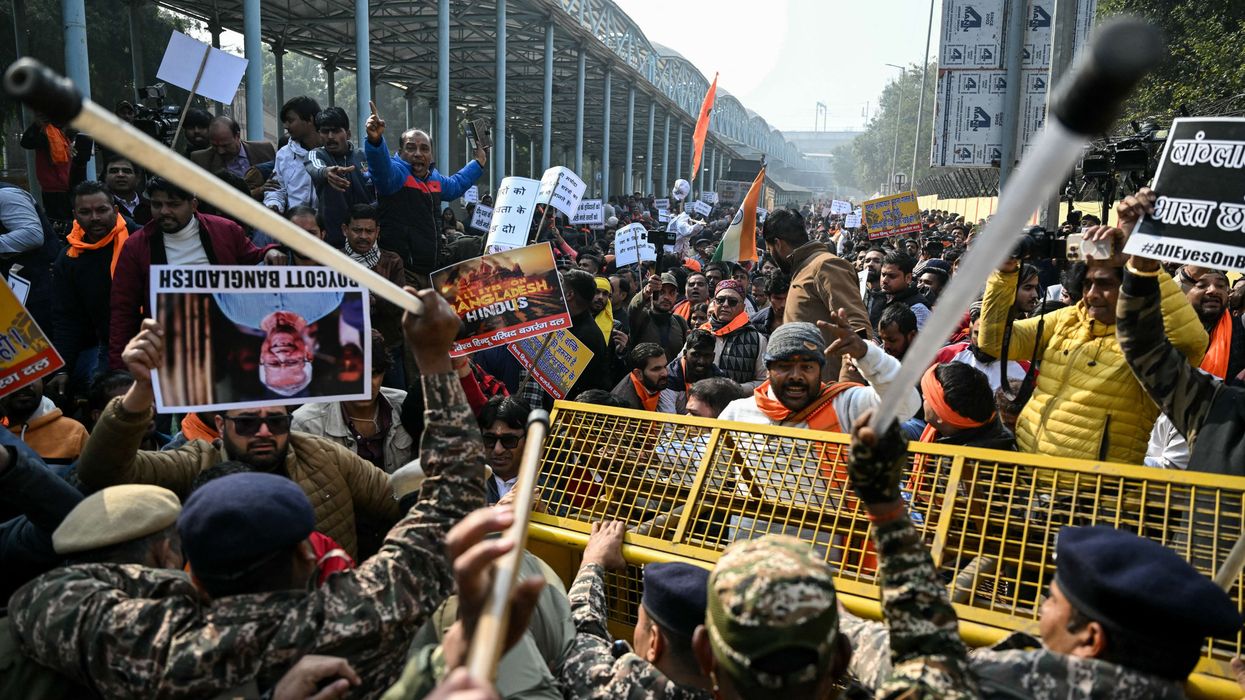INDIA is not looking to reduce the number of troops along the northern frontier in winter, the country's army chief said on Monday (13), adding that it will review summer deployment based on outcome of negotiations with China.
Four years ago, 20 Indian and four Chinese soldiers were killed during border clashes, following which both sides stopped patrolling several points on the border in Ladakh to avoid new confrontations, while moving tens of thousands of new troops and military equipment closer to the freezing mountainous region.
New Delhi and Beijing reached a deal in October last year to resolve the four-year military stand-off and few days later they pulled back troops from the disputed border.
"During winter deployment, the number of troops come down. So therefore, at least in the winter strategy, we are not looking forward to any reduction of troops," army chief Upendra Dwivedi told reporters in New Delhi.
Dwivedi said a decision on summer deployment would depend on how negotiations and talks with China progress.
"When it comes to the summer strategy, we'll take a review based on that time, how many negotiations and meetings have taken place," he said.
His comments came as India’s prime minister Narendra Modi inaugurated a strategic Himalayan road tunnel on Monday, pushing all-weather access northwards towards contested high-altitude border zones with both China and Pakistan.
The Z-Morh or Sonmarg tunnel, stretching 6.4 kilometres (four miles) beneath a treacherous mountain pass cut off by snow for between four to six months a year, is part of a wider infrastructure drive in border zones.

It helps connect Indian Kashmir with Ladakh, acting as a stepping stone in opening the Srinagar-Leh Highway all year round to allow rapid deployment of military supplies.
"With the opening of the tunnel here, connectivity will significantly improve," Modi said, wrapped in a jacket from the freezing cold after cutting the ribbon on the $313 million project that has taken a decade to construct.
Another tunnel on the same route, the 13-kilometre (eight-mile) long Zojila tunnel, is more than halfway completed and slated to open in 2026, according to the information ministry.
The Z-Morh tunnel was the site of an attack in October in which gunmen killed seven workers, part of the decades-long insurgency in Kashmir.
India has also built a $3.9 billion railway line connecting the lowland plains with Kashmir for the first time, including the construction of the Chenab Rail Bridge, the highest of its kind in the world.
The 272-kilometre railway begins in the garrison city of Udhampur, headquarters of the army's northern command, and runs through the region's capital Srinagar.
India and China share a poorly demarcated border which runs along the Himalayas and has been a source of tension between the neighbours for decades, including a brief but bloody war in 1962.
Ties stabilised after diplomatic talks and a series of pacts were reached from 1991 and trade and business links boomed until they were disrupted by the clashes in the summer of 2020.












